News
Why Gold and Bitcoin are allies, not rivals
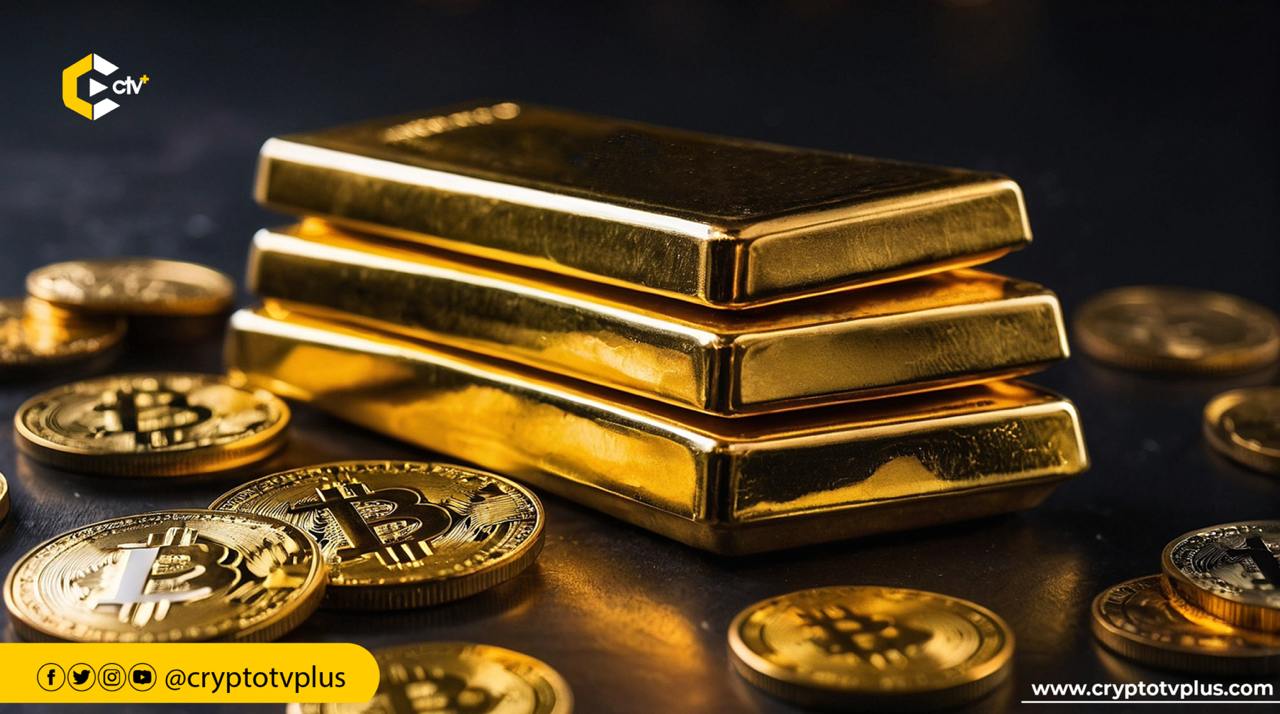
Gold and Bitcoin are often seen as rivals because both serve as stores of value, but they appeal to different types of investors. Gold is time-tested, stable, and favored by traditional investors, while Bitcoin is newer, digital, and attracts younger investors seeking high growth and a hedge against inflation.
Bitcoin’s volatility and digital ease contrast with gold’s stability and physical tangibility. Though they’re perceived as competitors, many experts see room for both in a diversified portfolio, with each asset offering unique benefits for different investment goals.
This was the subject of a presentation by economist and managing director at Holland Gold, Paul Buitink at the Bitcoin Amsterdam Conference 2024 where he shared his insights on the growing relationship between gold and Bitcoin, emphasizing that these assets work well together rather than competing against each other.
Paul, who has a background in finance and digital currency, explained his journey from initially supporting gold alone to embracing Bitcoin as a powerful asset alongside it. His talk aimed to help people understand why holding both gold and Bitcoin could be a smart financial strategy, especially during uncertain economic times.
Bitcoin and Gold: different, yet complementary assets
Paul mentioned that he was primarily working in the gold industry before he began exploring Bitcoin. He noted that both gold and Bitcoin represent “hard money,” which are secure forms of storing value. In simple terms, “hard money” refers to financial assets that retain their value over time.
Unlike fiat money, which governments can print in large quantities, assets like gold and Bitcoin have limits on their total supply. This scarcity helps them maintain their value.
Gold has been a reliable store of value for centuries. Bitcoin, however, is a much newer invention, created in 2009. It differs from gold because it’s digital; there is no physical Bitcoin to hold. Instead, it’s stored electronically, allowing for quick global transactions.
Gold, on the other hand, is bulky and not as easy to transport. This is why many people see Bitcoin and gold as complements rather than competitors. Bitcoin is easy to move and store digitally, while gold offers a stable, physical asset that has been trusted for years.
Broken financial system: a shared concern for Bitcoin and gold fans
Paul believes that enthusiasts of both Bitcoin and gold share a deep concern about the traditional financial system, which encompasses regular money and banking, highlighting key issues such as inflation, mounting debt, and global economic instability.
For instance, central banks, which are government institutions managing a country’s money supply, continue to print more money. This practice devalues currency, often leading to inflation and potentially harming the economy.
As inflation rises, the purchasing power of regular money decreases, meaning people can buy less with the same amount of money. Both gold and Bitcoin offer protection against inflation as they retain value in ways that regular money does not. This makes them attractive to those wary of the financial system’s future.
From gold enthusiast to Bitcoin supporter
Paul stated his career in the gold industry in 2010, involved working for a company called GoldMoney. Initially, he didn’t think much of Bitcoin, feeling it lacked the tangible qualities of gold. However, as he learned more, he became fascinated by Bitcoin’s potential as a borderless digital currency.
He soon realized Bitcoin offered unique advantages, such as sending money anywhere without a bank. By 2013, this led him to become a full-time Bitcoin supporter, and he even started a podcast about it.
In recent years, however, he observed that Bitcoin wasn’t gaining traction as quickly as he had hoped. Meanwhile, gold remained a popular investment, especially after geopolitical events like the freezing of Russian assets by Western countries. This action prompted countries like China and India to turn to gold, increasing its demand.
Recognizing this trend, Paul now believes in the importance of having both Bitcoin and gold in an investment portfolio.
The strengths of gold and Bitcoin
Outlining some key strengths of each asset, Paul stated that Bitcoin’s main advantage is that it’s digital and easy to transport. It can be stored on a USB device, or a smartphone, or even have its access code memorized.
Gold, on the other hand, can be difficult to carry across borders due to restrictions. Paul highlighted that Bitcoin’s technology makes it more secure in certain ways, as it can’t be faked and is easier to verify than physical gold.
Read also: Gold and Japanese Yen outperform Bitcoin in Q3 2024, report shows
Gold is often called a “safe haven” asset because it doesn’t fluctuate in value as much as Bitcoin. When the world experiences financial crises, people tend to buy gold, as it is seen as a reliable store of wealth. Bitcoin, however, is still new and experiences more ups and downs in value.
For instance, when global tensions rise, like in recent conflicts, gold’s value tends to increase, while Bitcoin may go down or behave unpredictably.
Bitcoin has shown huge gains in the past decade, which makes it attractive for investors seeking high returns. Gold, however, is a steady asset with less dramatic changes. Paul pointed out that while Bitcoin has the potential for greater growth, gold offers a more stable return.
Paul also noted that many central banks worldwide are buying gold as a safeguard against potential problems in the Western financial system. For instance, emerging market countries are increasing their gold reserves, as they have less confidence in holding U.S. dollars or euros. This trend has strengthened gold’s role as a global reserve asset.
Global uncertainty and the future of both assets
Paul argued that with rising tensions between Western and Eastern countries, there’s more interest in assets outside traditional currencies.
Countries in the BRICS alliance (Brazil, Russia, India, China, and South Africa) are accumulating gold as they seek alternatives to the U.S. dollar. Bitcoin, while not yet as widely adopted by central banks, also provides an option for countries or individuals wanting to escape the limitations of traditional currencies.
Paul suggested that the future may include a new financial system where both Bitcoin and gold play important roles. While Bitcoin appeals to younger, tech-savvy investors, gold remains trusted by traditional investors and central banks. By holding both assets, financial players can protect their wealth from potential risks in the current financial system.



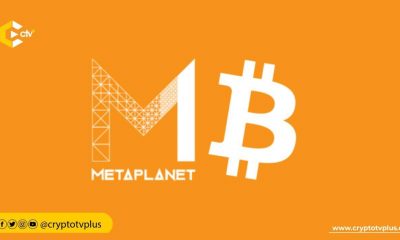

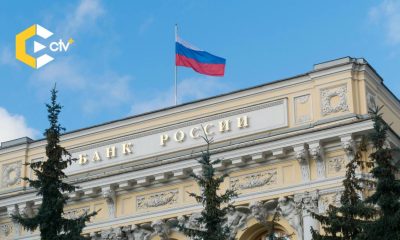

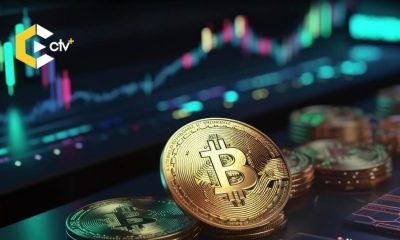



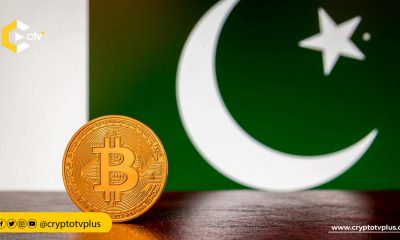













Pingback: The Role of Bitcoin in an AI-Dominated Future: Expert's Insight | CryptoTvplus - The Leading Blockchain Media Firm